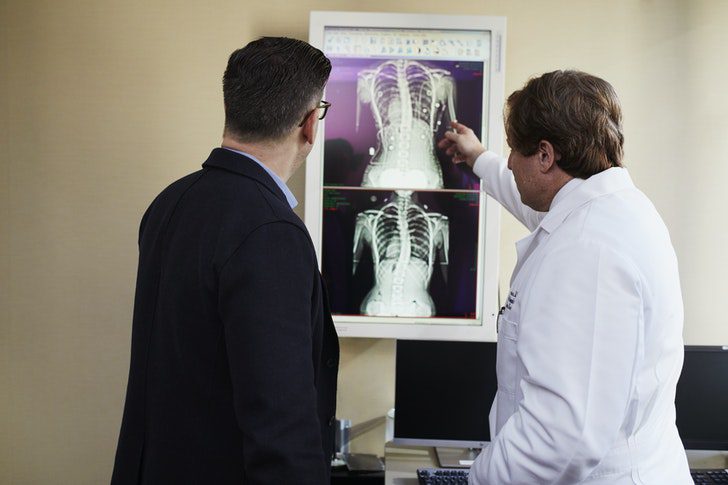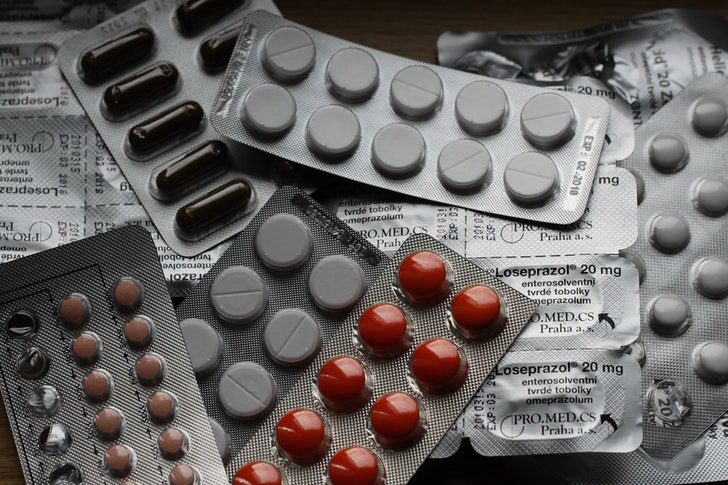Arthritis is a medical term used to describe pain, swelling, and stiffness in a joint or joint. It is a common disorder that can cause pain and inflammation, making it difficult to move or stay active. Arthritis isn’t a single condition, and there are several different types, the most common of these being osteoarthritis and rheumatoid arthritis.
Symptoms
The most common signs and symptoms of arthritis involve the joints. Depending on the type of arthritis, signs and symptoms may include:
- Pain
- Stiffness
- Swelling
- Redness
- Decreased range of motion

What causes arthritis?
Different types of arthritis have different causes. For instance, gout results from too much uric acid in your body. But for other types of arthritis, the exact cause is unknown. You may develop arthritis if you:
- Have a family history of arthritis.
- Have a job or play a sport that stresses your joints repeatedly.
- Have certain autoimmune diseases or viral infections.
Psoriatic Arthritis vs. Rheumatoid Arthritis
Both rheumatoid arthritis (RA) and psoriatic arthritis (PsA) are conditions that damage your joints, causing swelling, stiffness, and pain. Both are autoimmune diseases, which means your immune system attacks healthy parts of your body by mistake. They can also damage organs such as the skin, eyes, and blood vessels.
But RA and PsA differ in key ways. You most likely will have one condition or the other, but not both. The same drugs tend to work on both RA and PsA.

Psoriatic Arthritis
Psoriatic Arthritis (PsA) is a chronic, inflammatory disease of the joints where tendons and ligaments connect to bone. Most people develop these red patches and silvery scales on top of the skin years before being diagnosed with the condition; however, for some, the joint problem begins before skin patches appear or at the same time.
Symptoms of PsA
PsA can develop slowly, with mild symptoms, or it can develop quickly and severely. Some people may develop PsA in a joint after an injury. Development may also be related to genetics. Scientists estimate that at least 10 percent of the general population inherits one or more of the genes that create a predisposition to psoriasis.
Common symptoms include:
- Swollen joints
- Swollen fingers and toes
- Back and shoulder pain
- Enthesitis (inflammation where a muscle connects to a bone)
- Stiff joints
- Nail pitting
- Chest and rib pain
- Fatigue

Rheumatoid Arthritis
RA mainly attacks the joints, usually many joints at once. RA commonly affects joints in the hands, wrists, and knees. In a joint with RA, the lining of the joint becomes inflamed, causing damage to joint tissue. This tissue damage can cause long-lasting or chronic pain, unsteadiness (lack of balance), and deformity (misshapenness).
Symptoms of RA
Signs and symptoms of RA include:
- Pain or aching in more than one joint
- Stiffness in more than one joint
- Tenderness and swelling in more than one joint
- The same symptoms on both sides of the body (such as in both hands or both knees)
- Weight loss
- Fever
- Fatigue or tiredness
- Weakness
